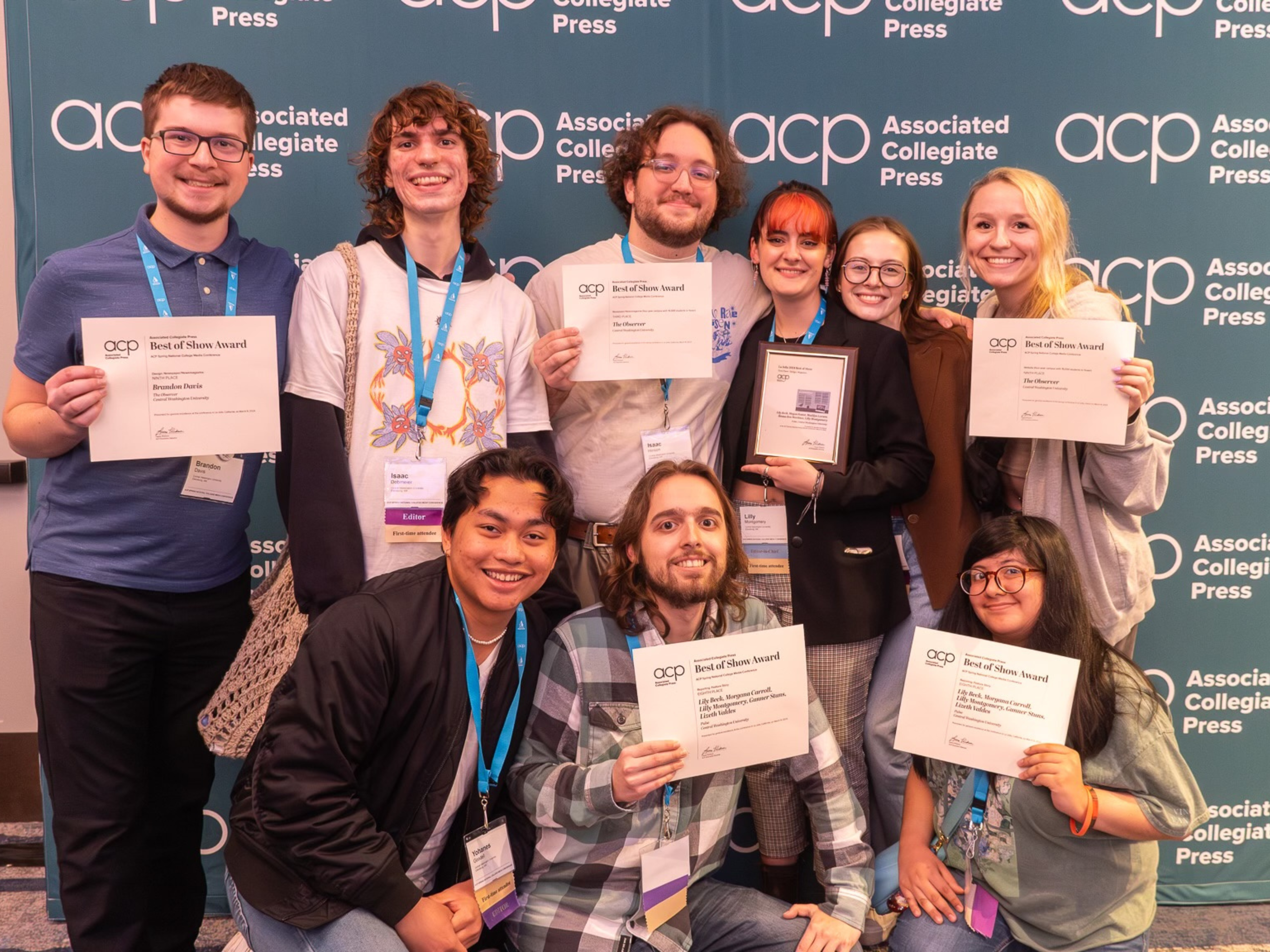Multimodal Learning
In-Class Synchronous Lecture Capture and FERPA
Depending on how the recordings are created or edited, they may constitute educational records that are protected under the Family Educational Rights and Privacy Act (FERPA) -- the federal student privacy law. This page explains acceptable practices for utilizing video and audio recordings in the classroom setting.
Is a recorded lecture (audio or video) a protected student record?
If a recording includes only the instructor, it is not a student record and FERPA does not limit its use. If the recording includes students asking questions, making presentations or leading a class (other than TAs), and it is possible to identify the student, then the portions containing recordings of the student do constitute protected educational records. Educational records can only be used as permitted by FERPA or in a manner allowed by a written consent from the student.
May a recording that includes student participation be posted for other class members to view or listen to?
Yes. If access is limited to other students in the class, FERPA does not limit or prevent its use and does not require obtaining a written consent. This allows instructors to create access for students in the class to watch or re-watch past class sessions.
Can an instructor allow individuals outside of a class to access a video of that class that includes student participation?
Maybe. There are several ways to use recordings that include student participation.
The instructor may obtain individualized FERPA consents from the students in the recording which allow use of that portion of the recordings. This type of consent can be obtained on a case-by-case basis or from all the students at the outset of a class.
Recordings can be edited to either omit any student who has not consented to the use of their voice or image, or be edited to de-identify the student in the recording (which can include avoiding or removing any mention of the student’s name, blurring the student’s image, altering voice recordings, etc.).
Recordings can also be planned so that students (such as those asking questions during a class) are not shown in the video or referred to by name (another way to de-identify the student).
What is the easiest way to comply with FERPA if I am video recording my class sessions and students will be asking questions, doing presentations, or appearing on camera?
If access is limited to other students in the class, FERPA does not limit or prevent its use and does not require obtaining a written consent. This allows instructors to create access for students in the class to watch or re-watch past class sessions.
If access will not be limited to students in the class, plan the recordings accordingly. Make sure not to show students who are asking questions and don’t refer to the students by name. Avoid repeating the student’s name in the recording (de-identifying the students removes the need for a specific consent from each student depicted). If a student happens to appear on camera, their identity can be edited out or a written consent can be obtained.
Because student presentations make it more difficult to de-identify the student, the instructor should obtain a FERPA consent from the student making a presentation. For any video projects, such as student-made films, you should obtain a written consent.
Can the instructor show recordings from last year’s class to the current class?
Per the Registrar, faculty can show a recording with student participants from one class to another as long as that recording is from a previous quarter. Faculty cannot share videos from different courses with students to another within the same quarter. For example, a faculty has two classes in Fall quarter, A and B. The faculty should not show a recording of A to students in B. But they can show the recording of A to students in Winter quarter.
What if a student declines to sign a FERPA consent?
Students cannot be compelled or required to give consent, though the instructor may edit the student out of the recording or de-identify him or her even if the student refuses to consent.
Who can I consult for guidance on how to comply with federal law in my use of class-related recordings?
Whenever you have questions on FERPA or University policies, consult the Office of the Registrar: phone (509) 963-3001 or email reg@cwu.edu.
Where can I learn more about FERPA at Central Washington University?
Learn more about FERPA and get FERPA-certified.
Recommended Syllabus Statement for In-Class Recordings
We will use technology for virtual meetings and recordings in this course. Our use of such technology is governed by FERPA, the Acceptable Use Policy and CWU's Student Code of Conduct. A record of all meetings and recordings is kept and stored by CWU, in accordance with the Acceptable Use Policy and FERPA. Your instructor will not share recordings of your class activities outside of course participants, which include your fellow students, TAs/GAs/Mentors, and any guest faculty or community based learning partners that we may engage with. You may not share recordings outside of this course. Doing so may result in disciplinary action.
Note: Content on this page was adapted and reused with kind permission from our colleagues at UMass Amherst.
CWU News

CWU student publications earn regional, national awards
May 6, 2024
by Rune Torgersen

MFA thesis exhibit opens May 14 at Sarah Spurgeon Gallery
May 6, 2024
by Heather Johnson